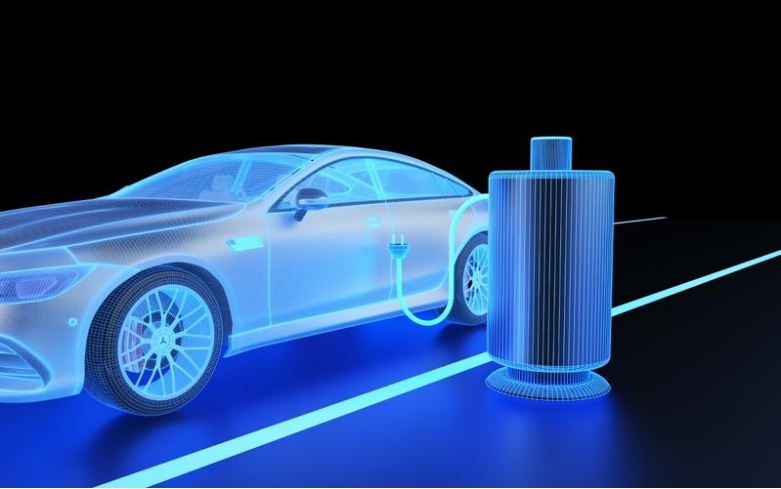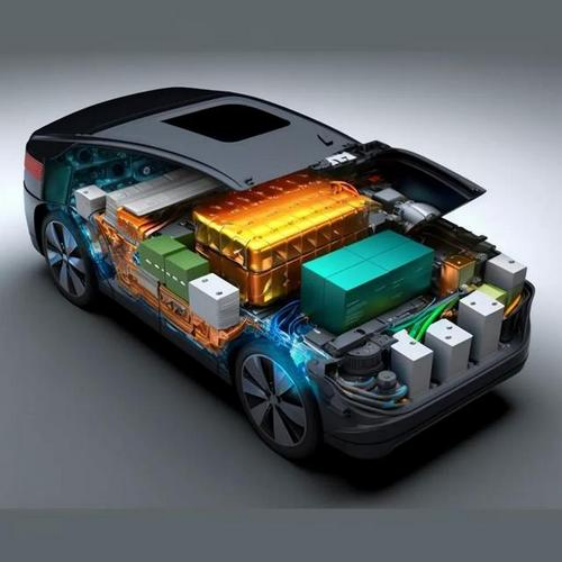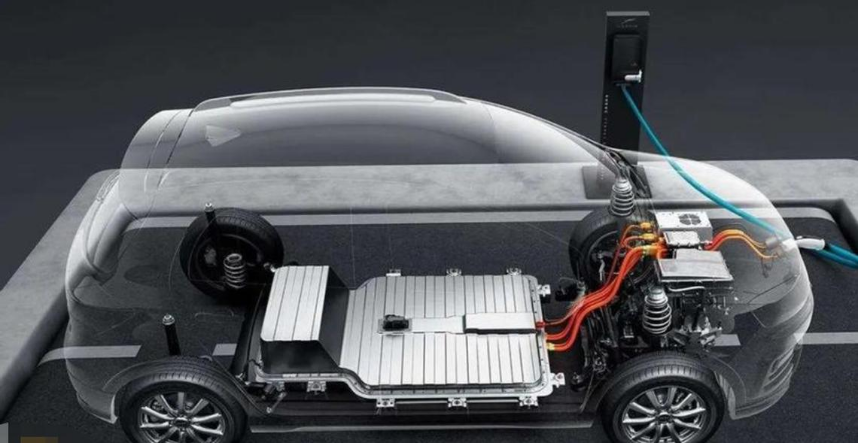Solid State Battery, Disruptive Technology for New Energy Vehicles

Solid-state battery is a new type of battery technology that uses solid electrolytes instead of traditional liquid electrolytes. The battery's positive, negative and electrolytes are all solid, and the principle of solid-state batteries is based on electrochemical reactions that generate an electric current through the flow of electrons. The core feature of solid-state batteries is the use of solid electrodes and solid electrolytes to replace the liquid electrolyte in traditional lithium batteries. It can be said that solid-state batteries are fundamentally different from the liquid batteries used in current new energy vehicles, so manufacturers will be more cautious in their use.
Advantages of solid-state batteries
Since the technical difficulty of solid-state batteries is so high and the cost is relatively expensive, why do many manufacturers want to conquer this key technology? The reason is that the advantages brought by solid-state batteries are revolutionary for the new energy vehicle industry.
First of all, the core feature of solid-state batteries is the use of solid electrodes and solid electrolytes to replace the liquid electrolytes in traditional lithium batteries. This change not only improves the safety of the battery but also because the solid electrolyte is not easy to leak and not easy to explode, which to a large extent solves the safety hazards of traditional lithium batteries.
The second is fast charging, a few minutes or even less than 10 minutes full, a charge easily runs thousands of kilometers! The third is that it is easy to reach tens of thousands of charges and discharges, and the battery declines slowly.

In overseas markets, some well-known enterprises such as Toyota, Honda, Hyundai, Mercedes-Benz, and Samsung have invested heavily in the research and development of all-solid-state batteries. Among them, Toyota and Honda have made some breakthrough progress. Toyota is reportedly planning to begin mass production of models with all-solid-state batteries in 2025, while Honda is also aiming to achieve this goal by 2030. In addition, Hyundai, Mercedes-Benz, and Samsung are also actively promoting the development of all-solid-state batteries, and plan to launch related products in the next few years.
In the domestic market, SAIC, NIO, and other new energy vehicle manufacturers are also actively laying out the development and production of all-solid-state batteries. Among them, SAIC plans to start mass production of models equipped with semi-solid state batteries in 2024, and NIO also plans to launch related products in the same year. In addition, companies such as Changan and GAC also plan to launch models with all-solid-state batteries between 2025 and 2026.
At present, some models equipped with semi-solid state batteries have been officially mass-produced. For example, the 82kWh semi-solid-state battery pack with LAN map "light" has been officially mass-produced, which marks the semi-solid-state battery technology in the field of new energy vehicles and made certain progress.

In addition, the SERES 5 pure electric model equipped with a 90kWh semi-solid state battery also entered the European market last year, which further proves the competitiveness of semi-solid state battery technology in the international market.
As more and more enterprises join the R&D and production of all-solid-state batteries, the future application prospects of all-solid-state batteries will be broader. In the field of new energy vehicles, models equipped with all-solid-state batteries will gradually replace traditional liquid electrolyte battery models and become the mainstream choice in the future.
Next:Thermal Management of Electric Vehicle Batteries: Current Status and Future of Liquid Cooling Technology
Previous:The AVATR 12: Redefining Luxury and Innovation


